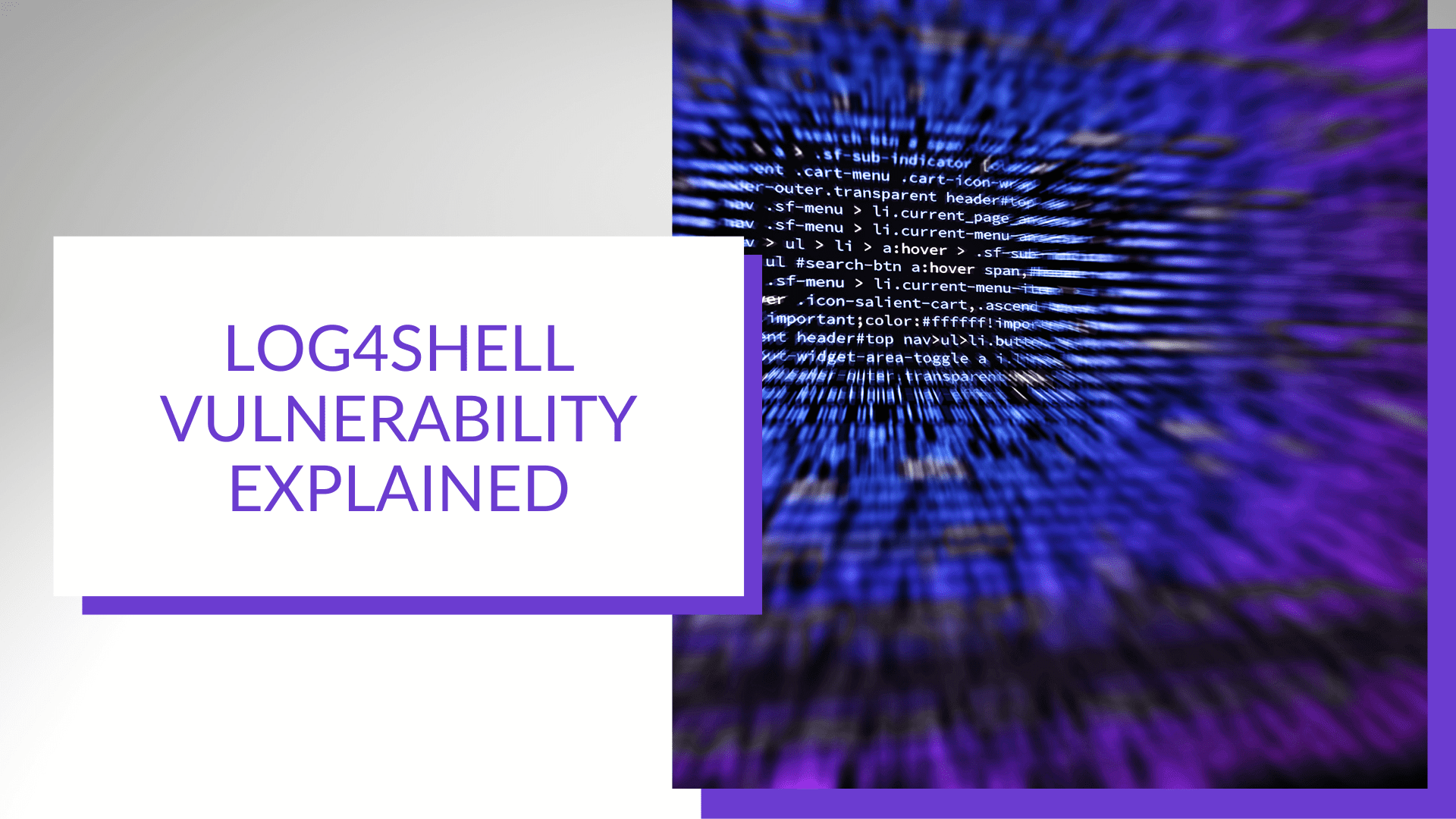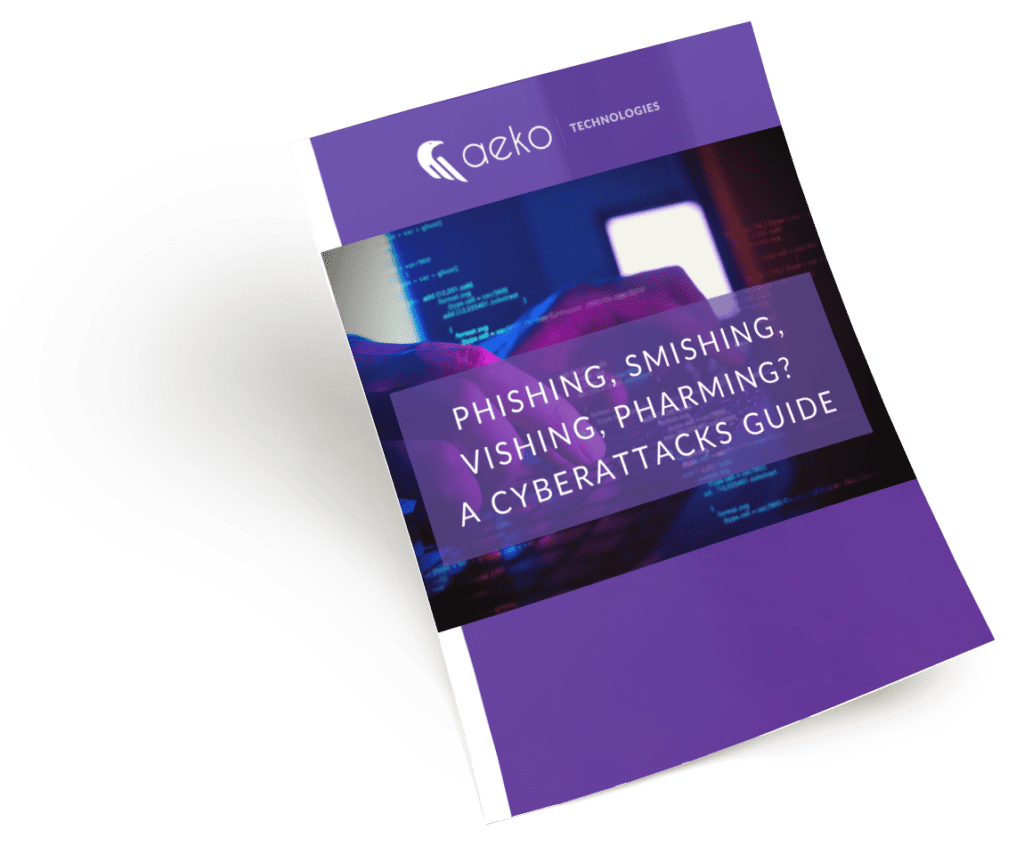By now, you may have heard news about the discovery of one of the largest technology vulnerabilities in history, the Log4Shell vulnerability. Some articles are claiming it poses “a very grave danger” to the internet, and it has been given a severity score of 10 out of 10 on the Common Vulnerability Scoring System (CVSS). It’s kind of a big deal.
What is the Log4Shell vulnerability?
There is a very good technical write-up that can be read here, if you are so inclined. The short version is that an easily exploited vulnerability has been discovered in a logging library used by millions of servers on the internet. Major companies like Apple, Twitter and Minecraft have all announced they have some exposure to this vulnerability and are actively looking to patch it.
Is my computer at risk?
Yes, but not directly. This vulnerability impacts web servers, not desktops and laptops. It allows hackers to execute a very easy string to compromise the server and gain control. The major risk to your computer comes from visiting a website that may have been exploited, and has been compromised to deliver a malicious payload to computers that visit the site.
Additionally, Aeko Technologies has verified with our third parties that none of the systems, which are used to access our clients’ computers or store their critical information, have been affected.
How can I protect my system?
It is virtually impossible for a general computer user to be able to identify a compromised system or any specific threat it might pose to his or her computer. Considering this challenge and the fact that the threat of this kind of attack isn’t new, you can rely on your everyday cyber-security mitigation tools. Aeko Technologies’ customers that subscribe to our “Ultimate Secure” package will have the benefit of multiple layers of security tools to assist in protecting against any threat.
If you’re a home user or not utilizing our security stack, you will want to have some kind of advanced endpoint protection (EPP) or endpoint detection and response (EDR) product to assist with preventing infection and monitoring for suspicious behavior on the machine. Know that traditional antivirus products aren’t enough to protect your machine against these kinds of threats.
Make sure your system and software are all up to date. Many of these infections rely on out-of-date software and operating systems to allow themselves to be deployed without the knowledge of the end user.
Limit admin access and be diligent. If your machines are fully patched, you are much less likely to have malware deployed automatically. But, as so often happens, you may still get infected by clicking on something you shouldn’t have clicked. A cyber criminal, using an account that doesn’t have admin privileges on your machine, would have to take extra steps to install something on the machine. Often, this is all that is needed to draw attention to the fact that something bad might be getting installed.
Lastly, consider taking a break. The Log4Shell vulnerability doesn’t introduce a new threat to your computer. The possibility of visiting a compromised system is always there, and we have protections built in for it. However, your security tools have to be right all the time … the bad guys just have to be right once! The danger from this exploit comes from the fact that it is so pervasive and the possibility of coming across an infected server that is trying to do bad things to your machine goes up exponentially. Since the vulnerability was made public on December 9, IT security teams have been working around the clock to patch vulnerable systems. It’s just something that takes time. So, it wouldn’t be the worst idea to limit your non-essential browsing for a few days to give them a chance to get it all done.
If you’re a current Aeko customer and have further questions please contact your account manager. If you’re not yet an Aeko customer, feel free to contact us about how we can help keep your data safe from cyber threats.
Are you aware of the most common cyberattack methods?
Did you know there are over 3.4 billion phishing emails sent every day? Phishing and other cybercriminal behavior are a lot more common than you’d think.
Our free “Phishing, Smishing, Vishing, Pharming? A Cyberattacks Guide” will inform you about cyberattack methods and give you the latest in data security tips.


